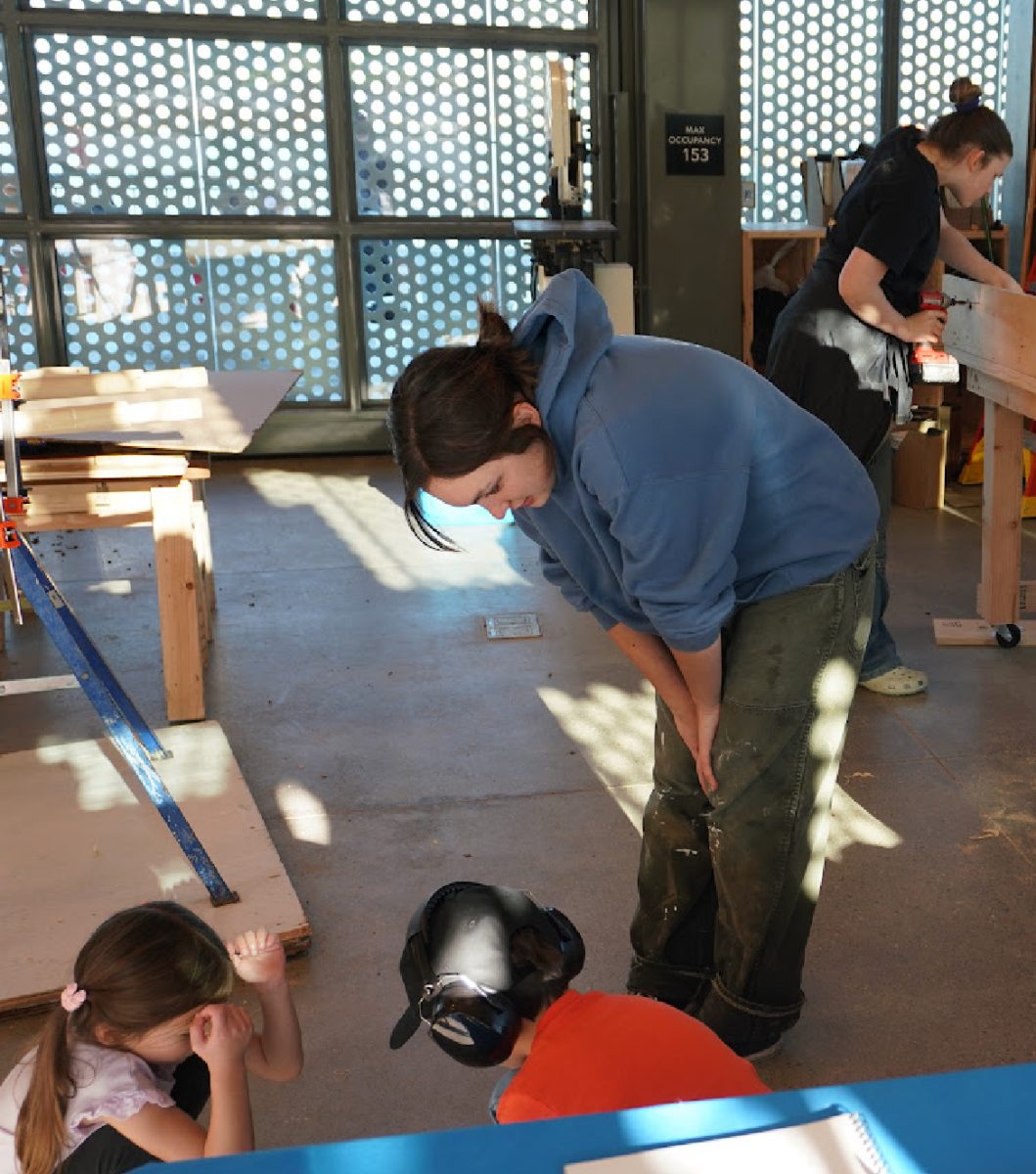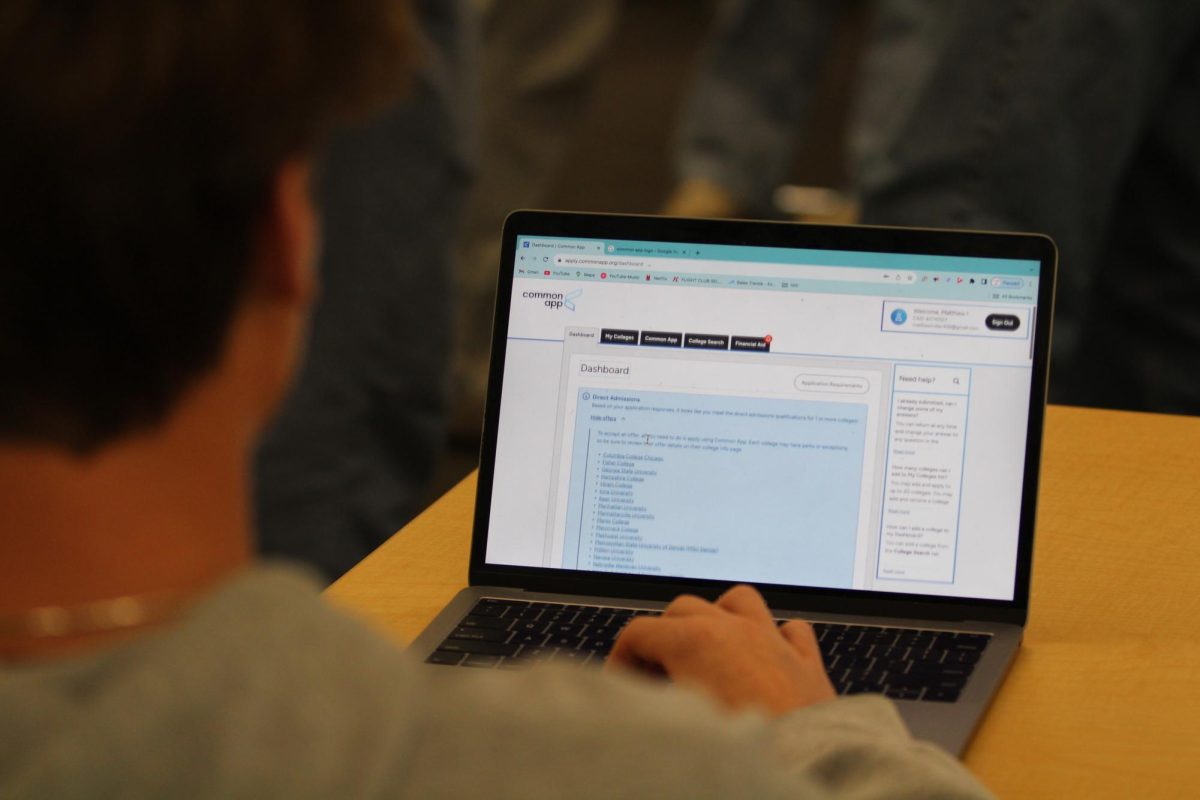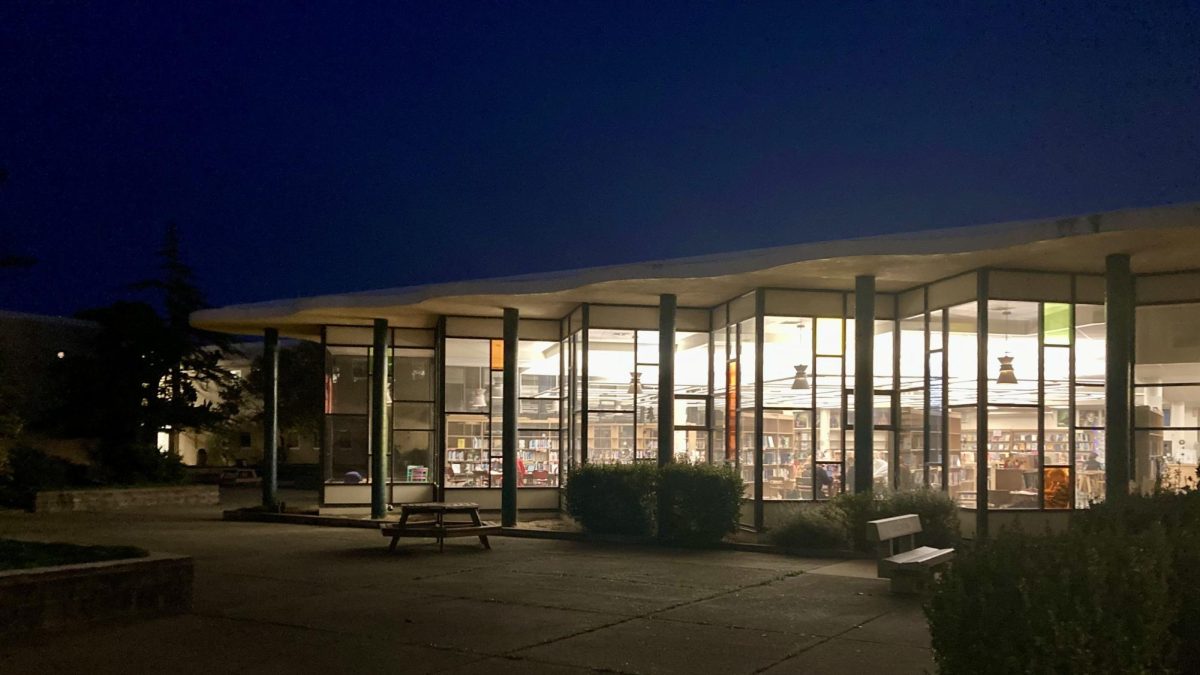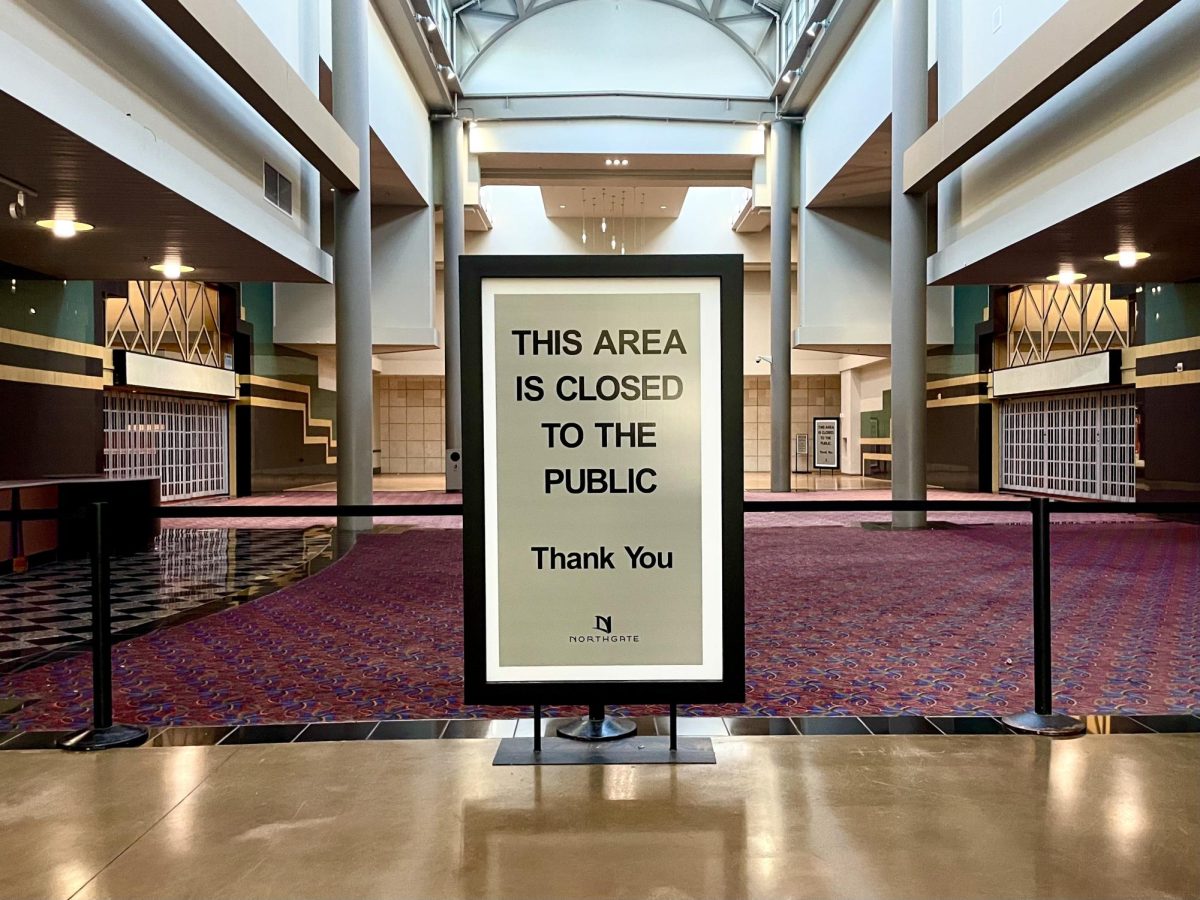
AUSTIN, Texas – College Board President David Coleman announced a large overhaul to the SAT reasoning test in a presentation, to be implemented in 2016.
The main changes to be implemented – shifting to three sections: Evidence-Based Reading and Writing, Math, and the Essay, changing the length to approximately three hours, no penalty for wrong answers and returning to the 400 to 1600 grading scale – are set to go into effect in Spring of 2016.
According to Coleman, the changes are aimed at leveling the playing field for students taking the SAT. “We need to dismantle the advantages in using costly preparation to find out the secrets of the SAT,” Coleman said.
Additional changes include replacing the fabled esoteric vocabulary of the SAT with a set that is more accessible to students, and that they are more likely to use for the rest of their lives.
The College Board will also strive to make the reading sections of the SAT more significant. No longer will the passages be niche pieces of writing, but instead historical documents that students are familiar with.
The math section of the SAT will also see change. The redesigned math section will include what the College Board calls “Problem Solving and Data Analysis, the Heart of Algebra, and Passport to Advanced Math.”
As if to deliver a coup de grace to what the SAT once stood for, the old, five paragraph, bland essay will be replaced with a new document based essay, which encourages students to analyze a source and develop their point eloquently, working with 50 minutes of allotted time, as opposed to the current 25.
The essay portion will also be optional, although it is expected that most colleges will require it.
In a simple, memorable phrase, Coleman calls the changes, “the College Board’s renewed commitment to delivering opportunity.”
To deliver this opportunity, the Coleman promised that the College Board would offer free test prep for all, to be delivered in the form of a series of videos and a partnership with the Khan Academy, a free, online learning resource.
“Our intention in this partnership is that this will be the best thing out there, that happens to be free. And so, it will be the best tools and state of the art software, state of the art analytics, state of the art dashboards for all the other stake-holders in a student’s life,” said Salman Khan, founder of the Khan Academy.





